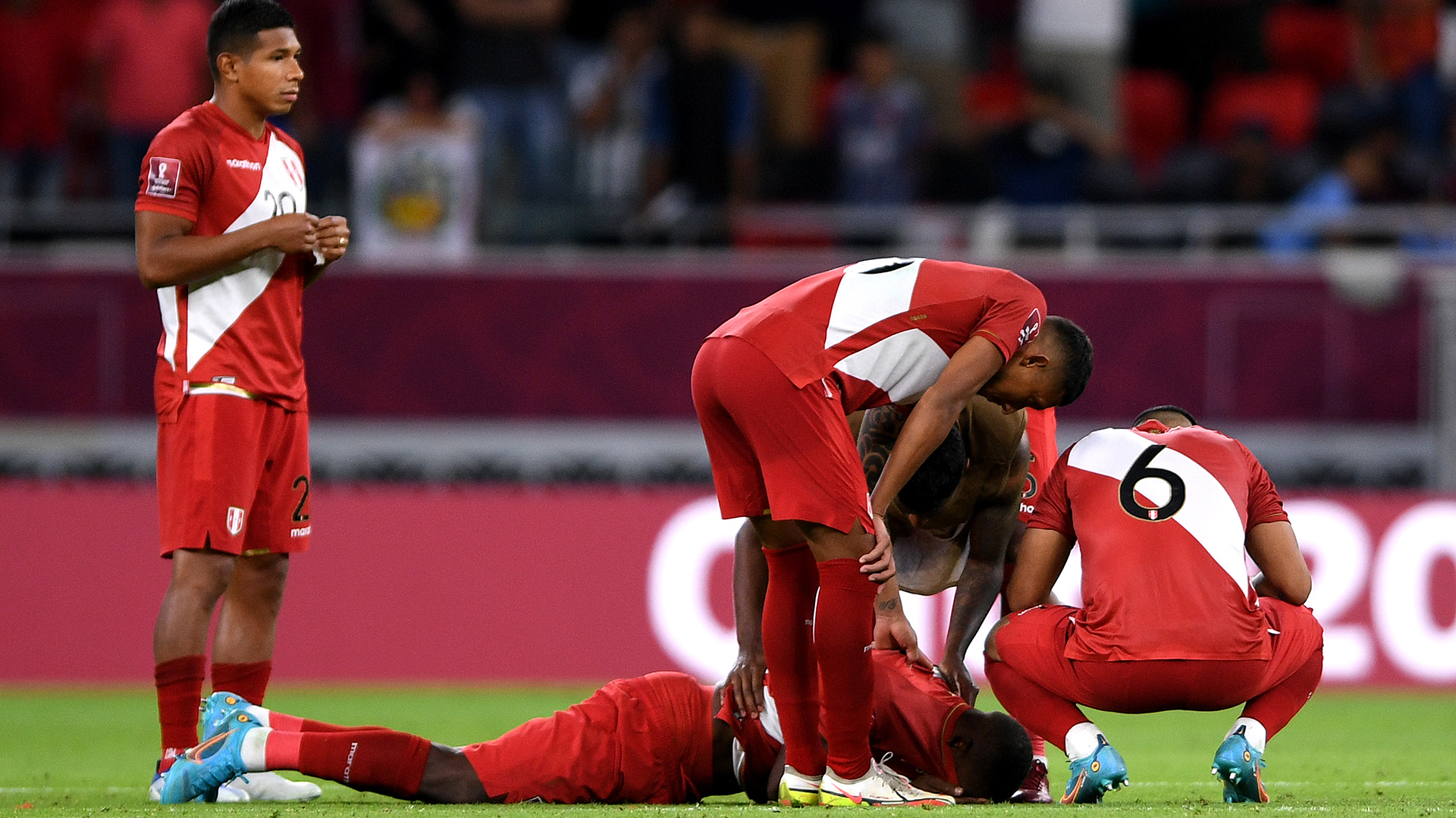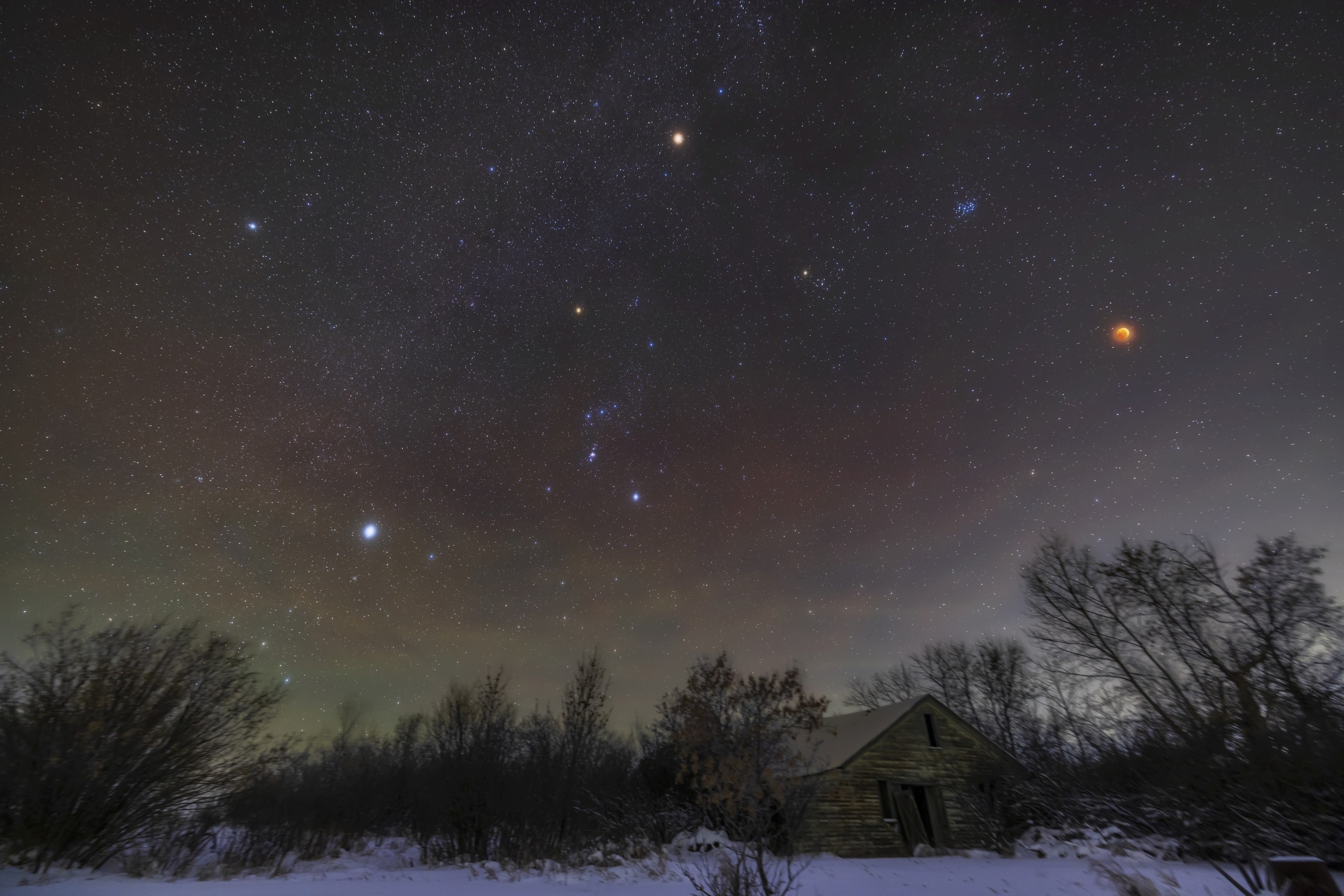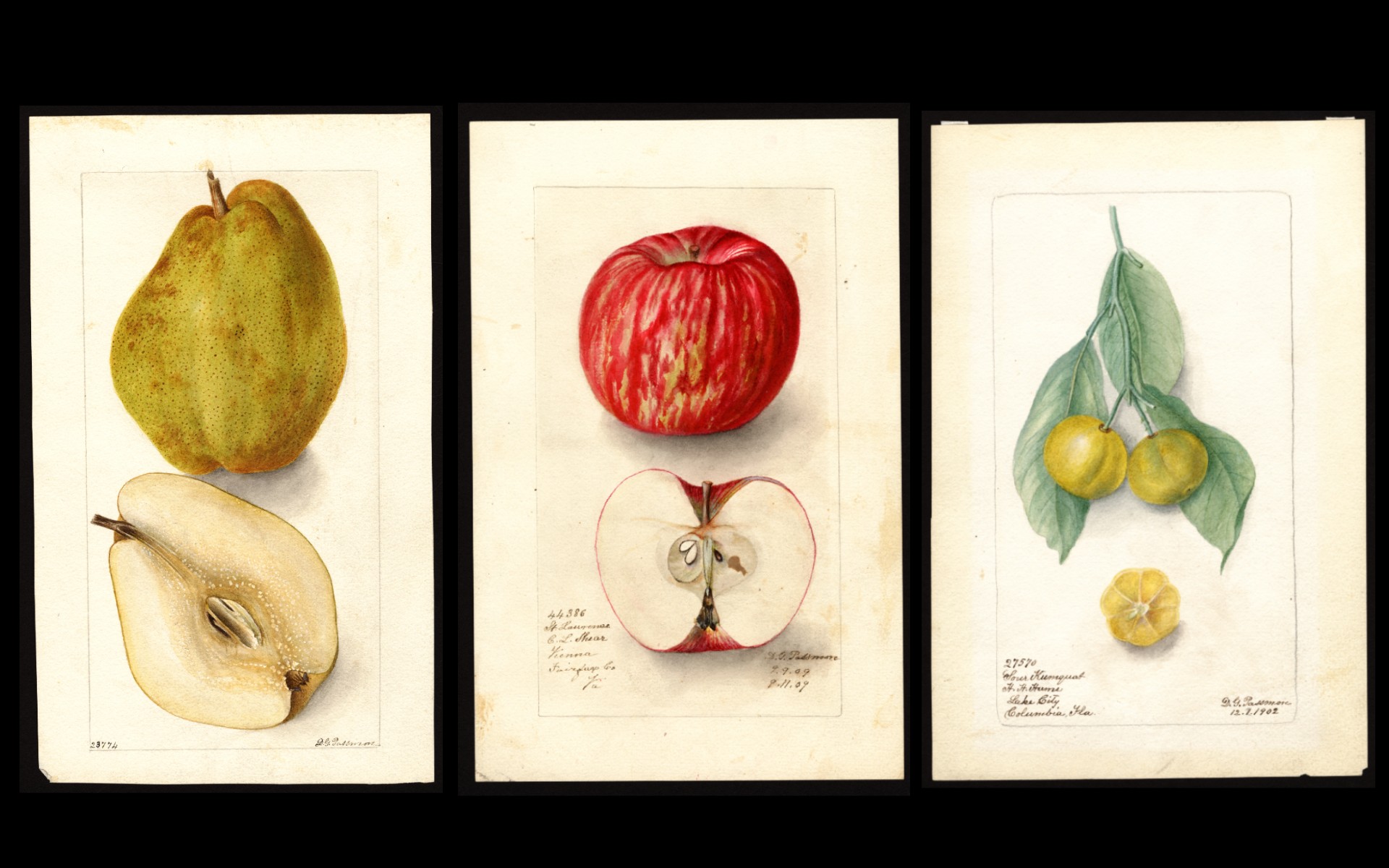The main reason why we are not in the middle of a glorious World Cup summer is the heat. Specifically, the oppressive heat in Qatar would have made hosting the world's biggest sporting event in its usual season near impossible, both for players and fans. Though FIFA could have simply chosen to not hold its quadrennial summer spectacle in a country that was uniquely ill-suited to hosting it during its traditional time period—and in the process, might have saved the lives of thousands of migrant workers, not that anyone at the organization seems to care about that—the Qatar World Cup has moved ahead in time-warping fashion, turning the World Cup into a mid-season winter tournament in order to protect everyone involved.
Where, then, was that caution for Peru and Australia? Though World Cup qualifiers are not a part of the tournament proper, they are an integral part of the process for deciding who gets to play for the golden trophy at the end of it all. It stands to reason, then, that these qualifiers, and specifically in this case the qualifying inter-continental playoffs, would be afforded the same care as the tournament itself. And yet, the Peru-Australia CONMEBOL/AFC playoff was held in Doha, Qatar on Monday, in that same oppressive heat, one that even the 9:00 p.m. kickoff didn't do much abate. The result was what you would expect when two not-so-great teams meet under nigh unbearable conditions: The match was sloppy, sweaty, and ended up a 0-0 quagmire decided in penalty kicks and a dancing goalkeeper.
Peru-Australia—as well as its sister playoff match between Costa Rica and New Zealand, set to take place on Tuesday—happened the way it did for a variety of reasons, some outside of FIFA's control. The matches were supposed to take place in March of this year, but due to the COVID-19 pandemic and the scheduling issues it caused, the playoffs had to be moved to June. In years past, the playoffs were two-legged affairs, with each team hosting a game in front of its home fans. However, this time around, FIFA decided to shrink the playoffs into a winner takes all affair on neutral ground in order to minimize travel, which is how we got the ill-advised decision to host the matches with the highest stakes on the entire qualifying calendar as one-offs in Qatar.
The conditions on the pitch, where the temperature hit around 91 degrees and the humidity was punishing, combined quite well with the lack of quality to provide the fans who made the trek to Qatar with little more than a slugfest. Neither Peru nor Australia seemed to be able to get much going in terms of attacking the goal, with the teams tallying three shots on target combined over 120 grueling minutes. Australia was likely the better team on the day, as much as anyone could have been, though Peru had the best chance of the match in extra time, when Edison Flores's header just nicked the post and bounced out:
PERU ALMOST PUT IT AWAY 🇵🇪😱
— FOX Soccer (@FOXSoccer) June 13, 2022
📺: @FS1 pic.twitter.com/WkJexZkw4Z
More notably, though, was how extra time was marred by frequent stoppages for cramps, as the players who had been out there for the entirety of the match fell over the ground in droves. While cramps happen even in the coldest of games, the frequency on Monday was directly correlated to the heat, and put a pall on what is one of the most exciting occasions in world soccer. It's understandable that FIFA would want to host the matches in the country where the World Cup will be held, but it is not excusable. The conditions in June are so wildly different from what they will be this winter that it can't even be waved away as preparation for the tournament. Instead, it worked mainly as an advertisement for a tournament that should not exist in its current fashion, with only the players fighting for a career achievement and the chance to play in a World Cup suffering for FIFA's decisions.
It's not like no one saw this coming. In the build-up to the match, Peru's assistant coach Nobby Solano said that his team had to train in Spain leading up to the match because it was too hot to do so in Qatar. He waved away FIFA's promise that the night-time kick-off, combined with stadium air conditioning, would to make a bearable situation for the players: “We’re being asked to play in the same conditions that it was decided that the World Cup wouldn’t be possible to be played in. For a game of this size, with so much at stake, I’m not sure that’s really good for either us or Australia. Although it’s obviously the same for both teams.”
Solano was, of course, correct in this assessment, even the last part: Both teams were clearly suffering by the time that the extra 30 minutes came around, and though Flores was able to at least get close to scoring, penalties seemed a sure thing as soon as the whistle blew on regular time. Penalties are already a cruel way to decide something with this high of stakes, but to have penalties happen mainly because everyone is exhausted and struggling with the heat is an even less ideal outcome. Props, I suppose, go to Australia and its dancing keeper for keeping their heads long enough to advance, but it really should not have happened like this.
There's not much to do now, with Costa Rica and New Zealand set to kick off in similarly demanding conditions on Tuesday. All of this was easily avoidable, the playoff quandary especially so. FIFA could have decided to host the matches somewhere cooler and more fitting to the occasion, but instead it chose to keep its promotional machine revved up to 11, safety and entertainment be damned. At the end of the day, this was the decision FIFA made, and its recklessness tracks alongside everything else that has occurred in the lead-up to this debacle of a World Cup.





